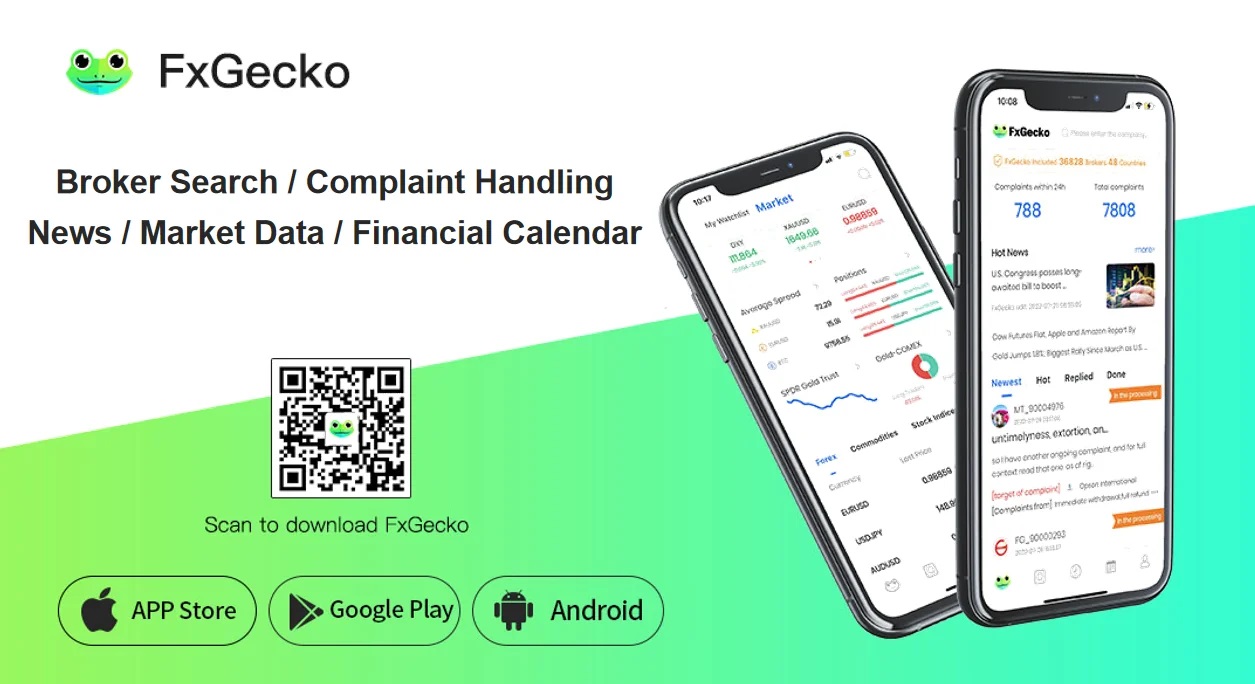If you’ve been paying attention to the current digital marketing scenario, you must have heard about Schema markups.
Today, you are very likely to get your answer within the search results when searching for the information about a business. Whether you’re looking for the phone number for Coffee Shop Customer Service, the weather in Houston, or information about cupcakes burger, you search, and “bam!”, the answer is there, without you needing to even click through to a website.
Now searchers are interacting with the data about our businesses and not our websites!
Schema markup has plenty of uses for local SEO. Schema has become famous among SEO professionals as a legitimate optimization tactic to gain the all-important answer boxes and rich snippets in top position of the search results.
The current local market is highly competitive and implementing Schema markup on your site can make a huge difference when it comes to standing out. Schema allows search engines to better understand location-based structured information like addresses, dates of events, phone numbers, and other information and alleviates search engines to read and display important information.
What Is Schema Markup?
Schema markup is a code that you place on your website with an intent to allow search engines to better understand structured information like your address, dates of events, your phone numbers, and other information.
Schema Helps Search Engine to Understand What Data Means
We all know that the content on our website gets indexed and returned in search results but, with schema markup, some of that content gets indexed and returned in a different way.
How? Because schema markup tells the search engine what content really means. For example, let’s say the word “Elon Musk” appears in an article. After seeing this the search engine produces a SERP entry with “Elon Musk.”
However, if I put the right schema markup around the name “Elon Musk,” We can tell the search engine that “Elon Musk” is the founder, CEO, CTO and chief designer of SpaceX; early investor, CEO, and product architect of Tesla.; founder of The Boring Company; co-founder of Neuralink; and co-founder and initial co-chairman of OpenAI. The search engine then provides results that display better information for the user who was searching for the term “Elon Musk”.
With the help of schema, users can see in the SERPs what a website is all about, where they are, what they offer, how much stuff costs, Business timing, and much more. Schema markup is basically “your virtual business card.”
Why Schema Markup is Important
Schema helps search engines become smarter by feeding them data in a structured manner. With Schema, search engines will be able to serve users better by producing large quantities of structured data they’ve gathered into their search results page. In the era of Hummingbird and RankBrain, Schema markup is really important as how a search engine interprets the query will determine the quality of a search result.
Via Schema.org:
“Most webmasters are familiar with HTML tags on their pages. Usually, HTML tags tell the browser how to display the information included in the tag. For example, <h1>Avatar</h1> tells the browser to display the text string “Avatar” in a heading 1 format. However, the HTML tag doesn’t give any information about what that text string means— “Avatar” could refer to the hugely successful 3D movie, or it could refer to a type of profile picture—and this can make it more difficult for search engines to intelligently display relevant content to a user.”
When it comes to improving your ranking, there is no conclusive evidence that the microdata directly affects the organic search ranking. However rich snippets make the appearance of the search results much more prominent. This has shown to improve click-through rates.
According to a study by ACM queue, less than one-third of Google’s search results include a rich snippet with Schema.org markup. This exposes a huge opportunity for the rest.
Uses of Schema
There are a ton of different types of data where markup helps, including:
- Local Business
- People
- Article
- Places
- Events
- Reviews
- Recipes
- Videos
- Products
- Movies
- Software application
- Ratings
- FAQs
These are some of the most popular uses of the schema. However, chances are very high that any sort of data on your website is going to have an associated itemscope, itemtype, and itemprop.
The Benefit of Schema for Local Businesses
Local businesses need to attract local customers, and businesses can achieve that by deploying the best local SEO tactics. This helps them to get potential customers who are actively looking for certain products and services in front of your door.
Schema markup is one of the most powerful tools for local businesses, and yet is one of the least utilized because many local businesses aren’t aware of its uses or how to properly implement it. With schema businesses can get more visitors to your website and into your store and enhance the SEO plan.
The schema will help you achieve your business in goals to rank better, look better, and do better on SERPs and in front of the customers. There are many benefits of using schema.org markup for local businesses. The primary benefit is improved visibility within SERPs which includes:
- Help users decide which products to purchase by adding reviews
- Promoting events to allow easier discovery
- Adding more information about products
But how does schema really help the local businesses? Schema markup provides complete control over what’s shown to engines, and to website visitors. When a potential customer searches for a product or service locally, they are much more likely to make a purchase within just a few hours. Unlike advertising and PPC, local SEO appeals to individuals who are actively seeking the type of offerings you have. They come to you, rather than you approaching them! With the schema, you can pull various types of information that will help the customer to gather all the information such as business hours, location, reviews, testimonials, and even menus.
Basically, the benefits of using Schema markup for local businesses is to clarify to search engines what the business is all about, what it sells, and how to contact them while also increasing search visibility that can result in higher click-through rates.
Schema markup allows you to remove unnecessary clicks and get the conversion started with potential customers directly from search results. Google announced a new knowledge graph card for local businesses in December 2015.
This knowledge graph card contains structured data, and the results show up for categories (e.g., hair salons), location-based queries (e.g., nearby barbers), or names of businesses. While this feature is still in the early stages, it clearly shows the direction Google is heading to showcase local business information in search results. By providing CTAs like ‘Buy’ businesses can enjoy an increase in site traffic caused from search.
Define Your Business for Search Engine
Schema markup allows you to call out your unique business type to Google. Imagine if a Search engine knew exactly what your business offers. Define your unique services, the service outputs and the local area you provide them is so that people searching for related terms can be connected to the local business.
Promote Events in Search Results
Schema markup allows you to promote events directly in search results for location-based queries “events near me” and for your business. Information about the events contains Venue, performer, and ticket seller.
Manage NAP
With the help of schema markup, you can tell the search engine about your business such as business details, logos, phone number, address, founder, and much more
What Should You Markup for a Local Business with Schema?
While developing a strategy for Schema markup, we recommend a two-step approach:
- What defines your business? What makes it unique?
- What Google features will improve search performance?
#1 What “Things” Are People Searching For? What “Things” Make it Unique?
People usually look for people, products, services, or businesses on Google. Google is trying to understand these “Things”, so they can match the searcher with the “thing” that answers their query.
When we ask what are the “things” people search for about a local business. They likely include:
- Contact Information: Address, Phone Numbers, Email Address
- Reviews
- Business Hours
- Locations
- Business Details (Type, Description, Logo, Website)
- Products
- Services
- People (Founder, Owner, Sales Contact, Support, Specialties)
- Events
To make Google understand your business better, these are the “things” to define.,.
#2 What Google Features Will Improve Search Performance
Google provides Knowledge Graph cards for Schema markup. In addition to reviewing the “things” in your business, you should also consider reviewing Google’s structured data features. Include Schema markup in your plan that makes sense for your business by reviewing the Google structured data. To increase search visibility performance here are top 3 Google feature we recommend to use for local business:
- Knowledge Graph Card for Local business
- Reviews Rich Snippets
- Products or Services
Conclusion
Adding Schema markup to a local business can result in higher search visibility and higher click-through rates. Still, it is surprising to see how few businesses and websites have taken advantage of it. Schema markup is not a short time thing it is one of those SEO techniques that will probably be with us for a long time. Now is the time to learn and implement the relevant Schema to improve your search results. Doing this will surely put you ahead of the curve, giving you a head start on the competition.
Author Bio
Kshitij is a digital marketer and owner of a Dintellects Solutions. With more than 10 years of experience in the digital marketing industry, he loves blogging on seo & digital marketing and shares his ideas, views on how to market a business.








Add Comment